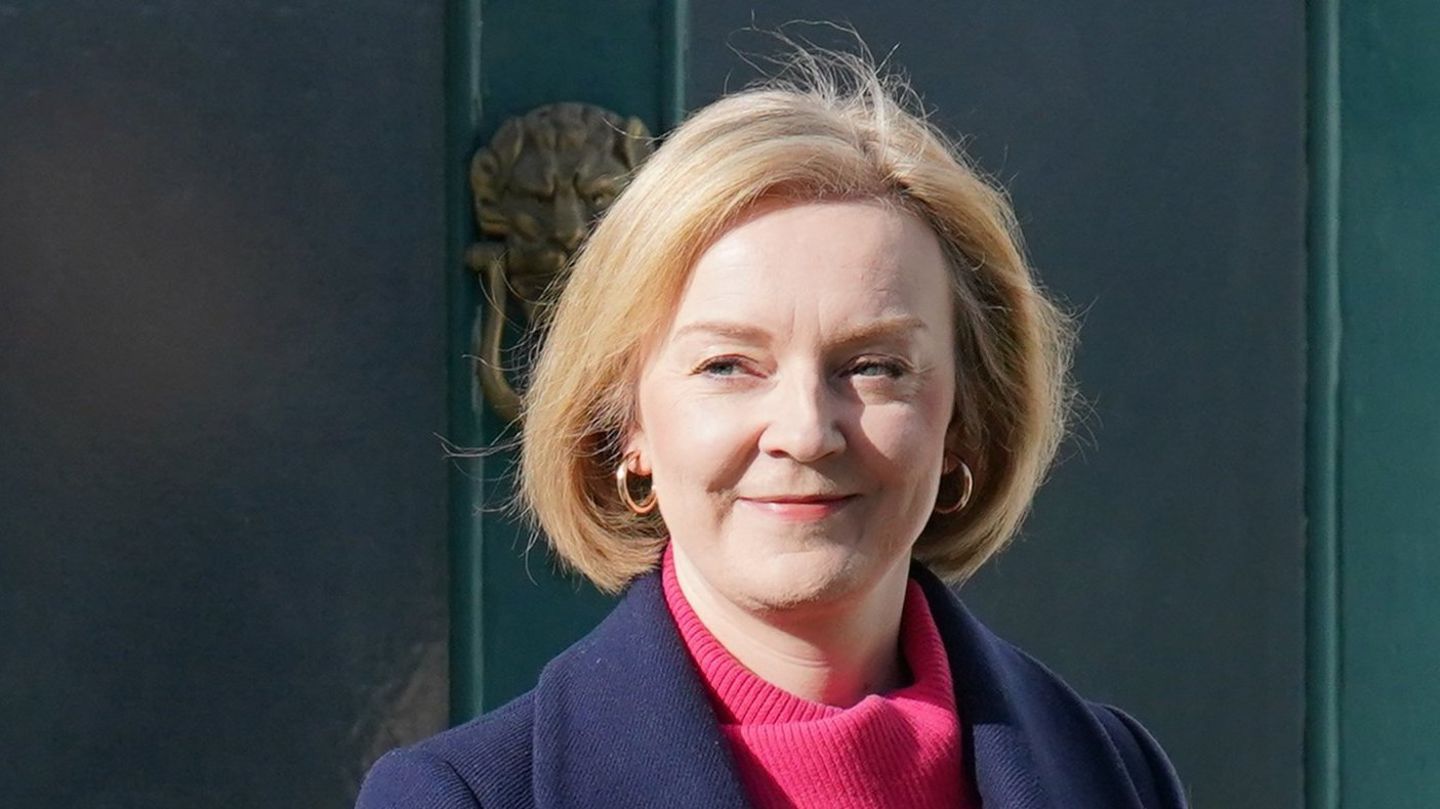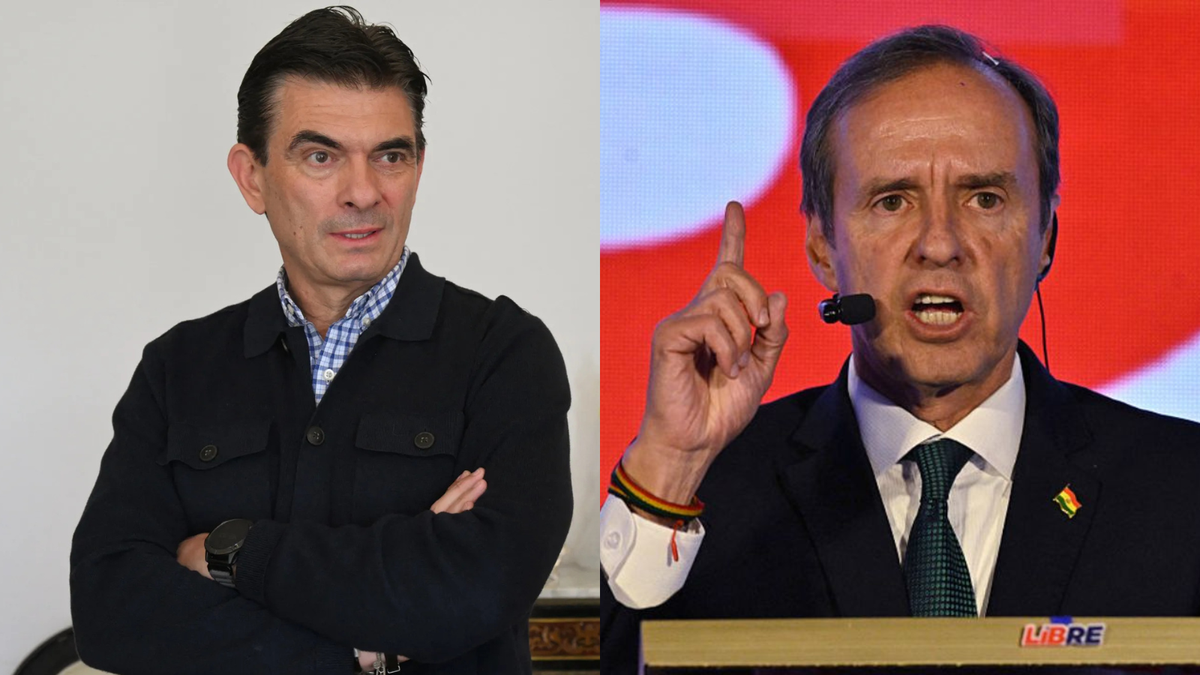Liz Truss brought Britain to the brink of a financial crisis during her mini tenure. In a recent essay, on the other hand, she shows little insight. She blames a “powerful economic establishment”.
“With the knowledge I have now, I would undoubtedly have handled things differently,” says Liz Truss today. After her fall in October 2022, Britain’s ex-Prime Minister spoke for the first time. “I believed that my policy would increase growth in the medium term and thus reduce debt,” writes the 47-year-old 100 days after leaving as prime minister. “A very powerful economic establishment and a lack of political support” blames Truss for their failure in an essay in the British “Sunday Telegraph”.
Liz Truss succeeded Boris Johnson as British Prime Minister last summer. She started with the promise of a radical reduction in taxes in the country. At the same time, economic growth should be boosted. The resulting financial crisis chased Truss out of 10 Downing Street just a few months after she took office.
For the first 100 days of her reign, Liz Truss has pondered her failure at Downing Street. “This soul-searching wasn’t easy,” she admits.
Liz Truss stayed true to her campaign promise
After Boris Johnson announced his resignation in July, Liz Truss campaigned for the post of prime minister with a concept of tax cuts and economic growth at the same time. The pledge was well received by Conservative Party members, who elected her as party leader and new prime minister. “I entered 10 Downing Street determined to deliver the bold action I promised, with economy and energy, my main priorities, at the forefront.”
Many economic experts, on the other hand, criticized their tax cut plans as unaffordable. When the plans were nevertheless announced, a sudden financial crisis erupted because the markets questioned the creditworthiness of the British government.
Truss thinks he stumbled upon pension funds
Today Truss believes that the pension funds thwarted her plans and her political career. In the early 2000s, British pension funds were severely underfunded, she complains. In order to increase the return, LDIs were used, so-called bond derivatives. These are financial products whose price is derived from bonds such as securities, commodities, foreign exchange or interest. The cash released was reinvested in other assets.
Because leading banks in Great Britain and the USA raised interest rates because of the Russian war of aggression in Ukraine, bond prices collapsed – at the expense of pension funds, as Truss says today.
Publicly, however, the mini-budget that was initiated for the tax cuts was blamed for the turbulence. Truss was criticized internationally for this, including by US President Joe Biden. He called the abolition of the top tax rate for the super-rich a “mistake”. Senior officials also warned Truss that Britain could no longer fund its debt.
Contrary to her beliefs, Truss fired the acting treasurer, Kwasi Kwarteng, but persisted with her plans. “I still believe that it was the right thing to deliver the original political recipe for which I fought for leadership in the election, but the forces against it were too great.”
Slowed down by fiscal policy?
She acknowledges this in her essay today: “I wanted to become Prime Minister to change things, not to cope with the decline or to preside over our country, which is slipping into stagnation.” At the same time, she criticizes the economic system and her own conservative party. They have become obsessed with the benefits of public spending without giving their reform plans a chance.
“I’m not claiming blamelessness for everything that happened, but basically I was not given a realistic chance to impose my policies by a very powerful business establishment, coupled with a lack of political support.” Fiscal policy put Britain in a “straitjacket”. She took office in the belief that her mandate would be respected. Instead, she encountered resistance that she underestimated.
She regrets that her program has not been fully implemented. She did not mention her successor Rishi Sunak by name, but let it be known that she was critical of his tax policy, which was aimed at consolidating the budget.
Sources: “”, “”, “”, with material from DPA
Source: Stern
I have been working in the news industry for over 6 years, first as a reporter and now as an editor. I have covered politics extensively, and my work has appeared in major newspapers and online news outlets around the world. In addition to my writing, I also contribute regularly to 24 Hours World.




